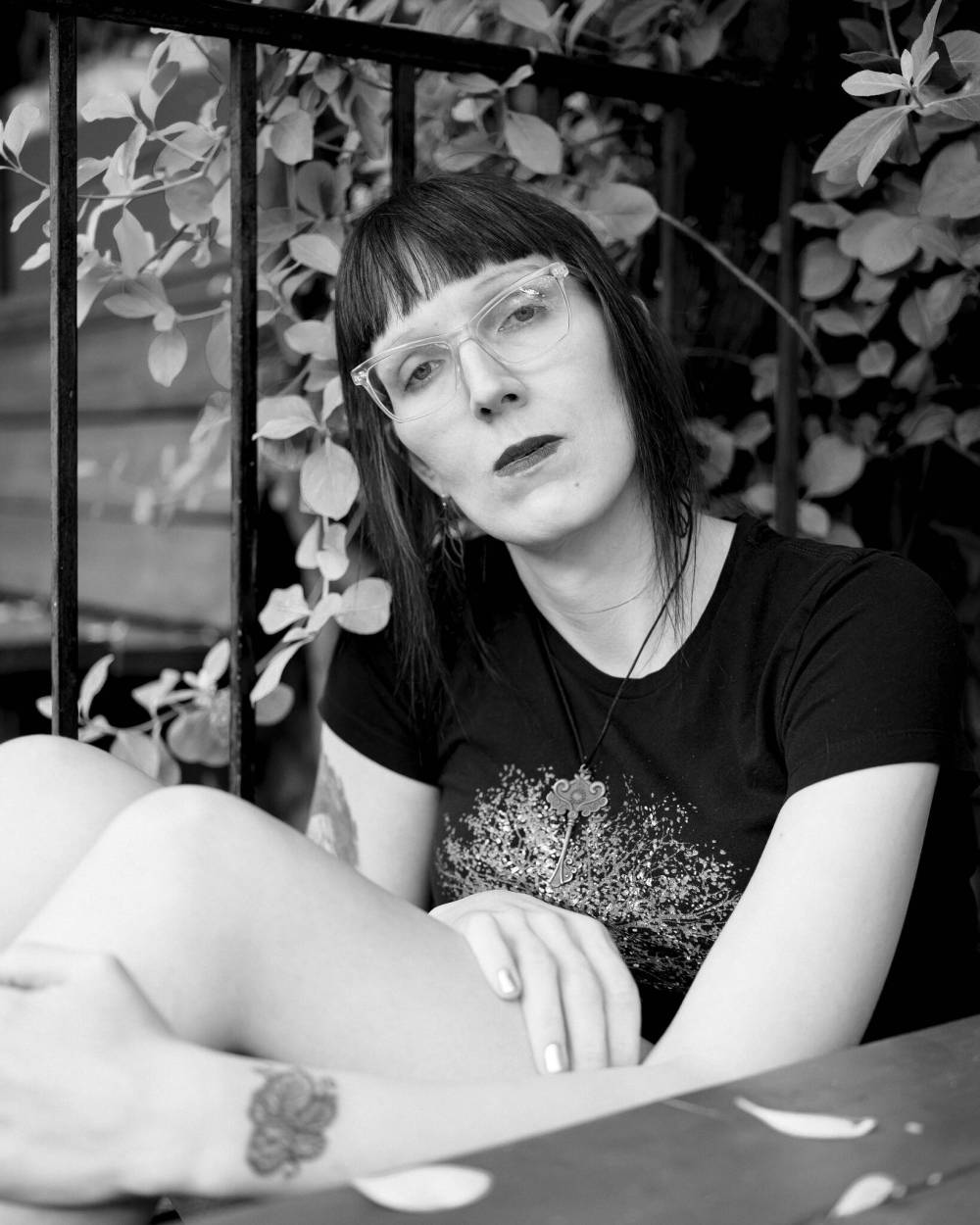A sense of belonging
Plett ruminates on the importance of community in succinct, snappy prose
Advertisement
Read this article for free:
or
Already have an account? Log in here »
To continue reading, please subscribe:
Monthly Digital Subscription
$0 for the first 4 weeks*
- Enjoy unlimited reading on winnipegfreepress.com
- Read the E-Edition, our digital replica newspaper
- Access News Break, our award-winning app
- Play interactive puzzles
*No charge for 4 weeks then price increases to the regular rate of $19.95 plus GST every four weeks. Offer available to new and qualified returning subscribers only. Cancel any time.
Monthly Digital Subscription
$4.99/week*
- Enjoy unlimited reading on winnipegfreepress.com
- Read the E-Edition, our digital replica newspaper
- Access News Break, our award-winning app
- Play interactive puzzles
*Billed as $19.95 plus GST every four weeks. Cancel any time.
To continue reading, please subscribe:
Add Free Press access to your Brandon Sun subscription for only an additional
$1 for the first 4 weeks*
*Your next subscription payment will increase by $1.00 and you will be charged $16.99 plus GST for four weeks. After four weeks, your payment will increase to $23.99 plus GST every four weeks.
Read unlimited articles for free today:
or
Already have an account? Log in here »
Hey there, time traveller!
This article was published 18/11/2023 (783 days ago), so information in it may no longer be current.
Like many complex concepts, the word community is often quickly and broadly used without much thought. Someone claims to come from that community, a particular community thinks this — we are all about community.
But like complex terms, when we are performing deep dives into their meaning, we find ourselves swirling in semantic muck. Community is one of these terms, and Manitoba-born, Ontario-based writer Casey Plett takes the concept head on in her long-form essay, On Community, part of Biblioasis’ Field Notes series.
“Community. Just the word itself is so damn amorphous.”

Hobbes Ginsberg photo
Casey Plett
Plett, a trans woman and award-winning novelist and short-story writer, uses her own experience as part of the trans and Manitoba Mennonite communities to invite us all into a conceptual analysis of community — driving fully into what it isn’t, the first steps in a conceptual analysis, and then to what it might be. What the possibilities might be. And the underbellies.
Using beautiful prose and snappy literary technique, Plett posits that “no community can be completely mapped or pinned down, that no community can escape an element of imagination and mystery…” Community, according to Plett, is both physical and metaphysical — being both place and, as she describes, also being mythos. Perhaps a vibe or state of being.
Travelling through various forms of community, Plett elicits trucker convoys, trans picnics, isolated Mennonite communities, small-town parties and literary colleagues. She highlights how capitalism perpetually attempts to co-opt the concept, manipulating us to think that we should be part of an Adobe, TikTok, or fancy start-up community — forces trying to sell community to us for economic gain.
But the real power of community resides within our basic human need to be part of one. “Let me clearly plant my stake in the ground: humans need community,” Plett argues. Community is a basic need on the hierarchy of needs. But it needs to be founded on belonging, compassion, to which there is no finite supply, and the provocative suggestion that community is “the ongoing space of encounter.” Conjure your inner Jürgen Habermas here.
The dark side of the community is one we have all been subjected to — when we are excluded, bullied, left out. Communities where members are asked to withhold compassion. Plett shrewdly describes this phenomenon: “To withhold compassion, especially on a community level — even when it seems as if there’s plenty of reason — it’s amazing how easy it is to do. Pay attention when you’re asked to do it.”
Think of the divineness we experience now: how we shun those who have been vaccinated or not, how we don’t seek to understand but are quick to judge those who are different. The antidote? Openness, Plett offers — it “allows me to keep the borders of community in my life porous in a way I can only see as good.” Without this sense of openness and compassion, she writes, “It is so easy for communities to grow insular, suspicious, and bitter.”
And rich communities — those loaded with belonging, compassion and openness — are an elixir for the malaise of contemporary life. Critical to fighting loneliness and despair are things like “cherished friends, a partner who loves you, a family of some stripe who love you back, a passion or commitment that gives you juice through the days.” Parallel to these forces is the idea of community: “Some combo of them makes existence worth living.” Good schools exude these necessities.

On Community
Healthy communities take work; they don’t just happen. Through her analysis Plett reveals a few foundational discoveries uncovered through her philosophical inquiry. First: “Communities can’t be all things. It is good when communities are wise to their capacities.” Second, she writes: “Communities will always benefit from asking themselves ‘What do we not want to look at?’” In communities, the tendency veers towards groupthink, where we collectively become blind to the things we should focus on, where we imagine what community is in order to serve our purposes.
There is a danger of deriving authority from knowledge and ownership of a community. Recognizing the limitations and possibilities of community is both cathartic and critical to the self and the collective. Equipping and founding communities on compassion, openness and belonging is the start, for, as Plett points out, “don’t underestimate what it means to be part of something.”
So let’s be part of something good, hopeful and open — where folks find belonging and where there is infinite compassion.
Matt Henderson is superintendent of the Winnipeg School Division.


